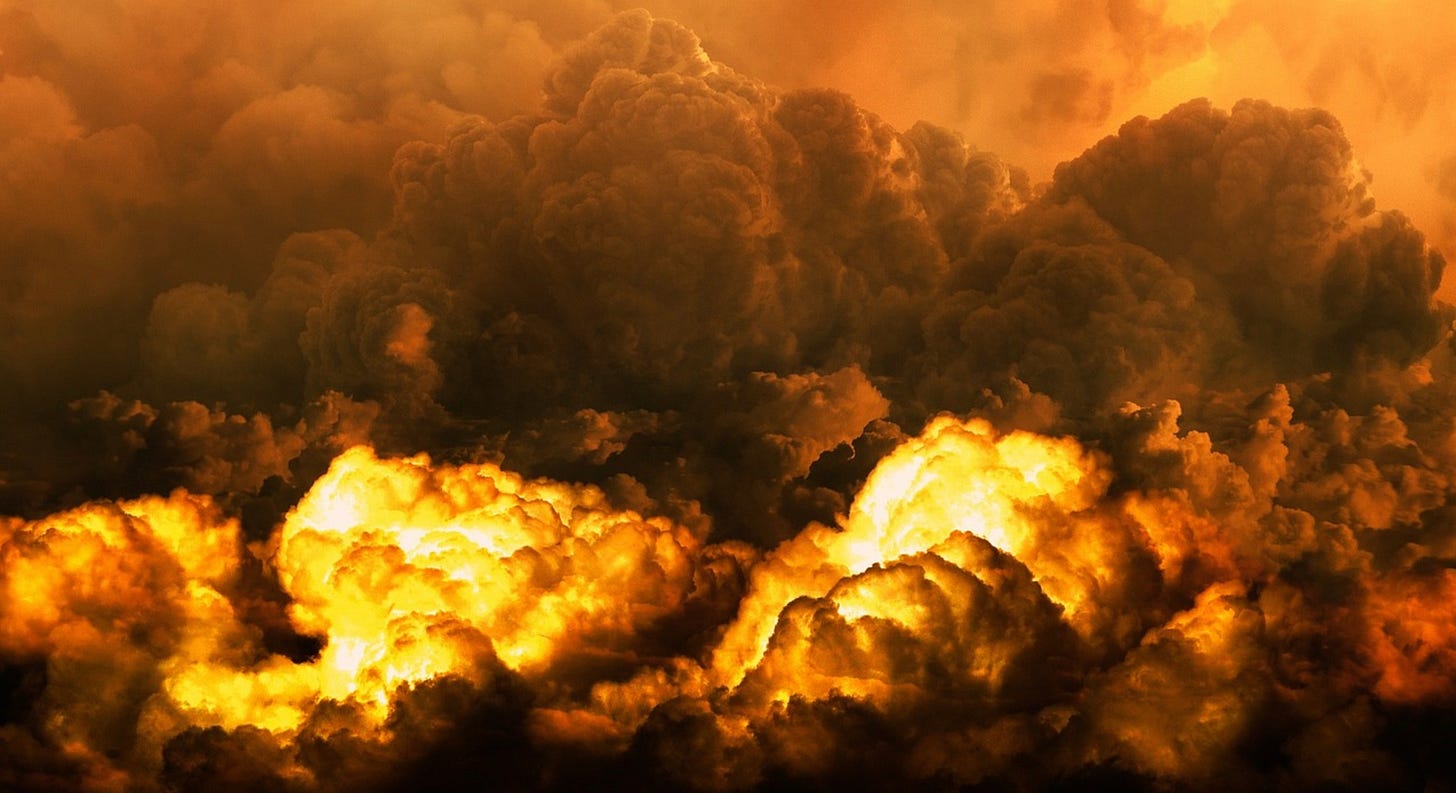January 24: Matthew 24
Genesis 25; Matthew 24; Esther 1; Acts 24
There are two basic ways to interpret Jesus in this chapter. The“preterist” view holds that at least some of these prophecies have already been fulfilled. The “futurist” view, on the other hand, holds that most if not all of these events are still to be fulfilled in the future.
We must remember that Jesus is not delivering a theology lecture. He’s answering his disciples’ question, which has two parts (3):
When will these things happen (the destruction of the temple, which Jesus just said would happen; 2)?
What will be the “sign” of his return, which they understood to coincide with the end of the age?
The first part of Jesus’ answer (4-14) implies a horizon that runs from that moment to the end of time. Certainly when Jesus says that the gospel will go to “the whole world” in verse 14, he means, you know, the whole world.
Yet the next section (15-22) would have been applicable in 70 A.D., when Rome brutally leveled Jerusalem. When you see the “abomination of desolation” (15), run to the hills, and don’t look back. It will be an awful tribulation, like no tribulation before.
And as you flee and scatter, the vultures will circle (28) - false teachers who will say that they’ve seen the Christ return (24-26). Don’t believe them. For when I do return, Jesus says, it will be as obvious as the lightning flashing in the night sky (27). You won’t need some charlatan to tell about it.
Then Jesus’ horizon expands again to the end of all time (29-31).
The big question: what “generation” is Jesus talking about, that will not pass away, until all these things take place (34)? Is it the generation that lived within Jesus’ lifetime on earth, or is “generation” broader - the church age? My view is that Jesus speaks here in such a way that his words would answer both questions of his disciples, which means his answer is instructive to both “generations.” He instructs those who would experience Rome’s wrath and those who would live through to the end. He is intentionally ambiguous, in order to be universally instructive.
The bottom line is that none of us know when the end will come (36). But we know that it will be like the days of Noah: there will be warning signs that we can see (33), but the end will also be sudden. One will be taken; one will be left (40-41).
The command then, for all generations, is this: stay awake (42). Stay ready (44). Stay faithful (45-51). Live constantly with the end in view, “for the Son of Man is coming at an hour you do not expect” (44).


